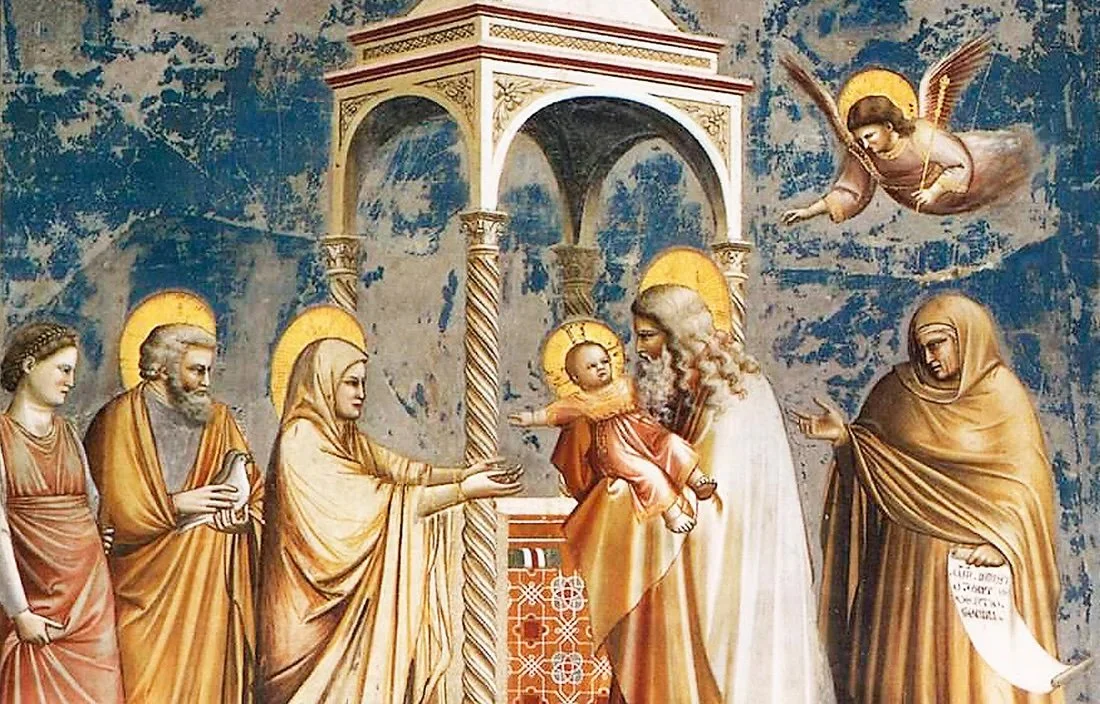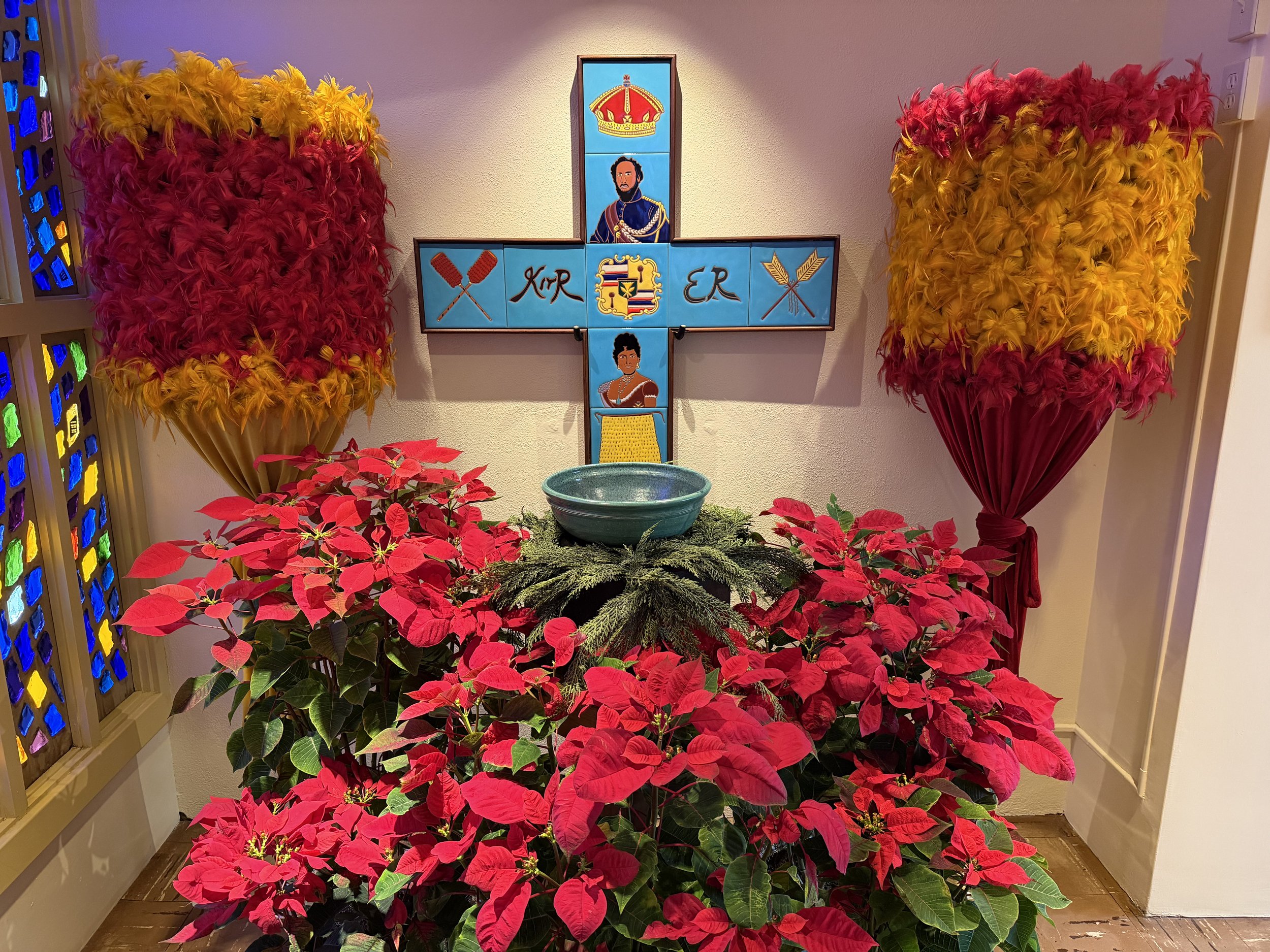From the Rector: Easter Forgiveness
/Then Jesus said to his disciples, ‘These are my words that I spoke to you while I was still with you—that everything written about me in the law of Moses, the prophets, and the psalms must be fulfilled.’ Then he opened their minds to understand the scriptures, and he said to them, ‘Thus it is written, that the Messiah is to suffer and to rise from the dead on the third day, and that repentance and forgiveness of sins is to be proclaimed in his name to all nations, beginning from Jerusalem. You are witnesses of these things.
Luke 24: 44-48
At the heart of the Easter message is the forgiveness of sins. For the disciples, it is not just Jesus who has been resurrected at Easter – their very lives have also been resurrected. Having lived with fear and anxiety, when the third day comes the disciples discover true grace and reconciliation. They discover a Savior who returns not to seek vengeance, but rather who returns to bring peace. Easter grace works in concert with the forgiveness of sins and the healing of a broken world.
It has been a general practice in the Episcopal Church to omit the confession of sin during the season of Easter. Some churches simply omit the confession on Easter Eve and Easter Day, while others omit the confession for the entirety of the fifty days of Easter. The idea behind this practice is that the faithful have had all of Lent to confess their sins, as well as to ponder how they might live a more holy life. When Easter comes the time for confessing has ended, and we enter into a time of extended grace.
In the past at St. Mark’s we have omitted the confession on Easter Day only, and we have at other times omitted the confession for all of Eastertide. Yet having done this in the past, my thoughts are changing on this practice for two main reasons. The first is that having moved through the entirety of Lent and Holy Week, confession during Eastertide possesses a fullness that points to the whole Christian life. Simply put, grace feels especially powerful during the Easter season. The fifty days bring about a sense of renewal and reconciliation that are not so easily felt during Lent. Furthermore, time and time again, in the Easter stories of the Gospels, we experience the forgiveness of sins in new and wonderful ways. The story of Jesus and Simon, son of John, demonstrates this newly found Easter forgiveness most powerfully. Forgiveness, having been to the cross and the empty tomb, becomes especially fruitful and full of healing possibility during Eastertide. Even Peter's betrayal of Christ in his greatest time of need are healed by the resurrection.
But there is a more practical reason for having confession, even on Easter Day. At Easter, as well as at times like Christmas Eve and Day, the church is blessed with many visitors who normally do not attend our masses. They have not been through the rigors of Lent as our regular parishioners have been. They did not walk the Stations of the Cross each week, they did not attend the Sunday morning liturgies with their increased penitential energy, and they did not take up various Lenten disciplines such as Bible Study or feeding the homeless. Nevertheless, something brought them to the church at Easter – perhaps a longing for God, a sense of curiosity, or the guidance of the Holy Spirit. Some truly come because they intuit that the church can ably offer healing and wholeness. For such visitors, the opportunity to practice confession, even if it is only the general confession prior to the sharing of the peace, is a healing opportunity to put their lives back together and hear God’s abundant offer of forgiveness. Offering confession within the Easter feast becomes an integral part of the life-changing mass.
And yes, the resurrection is life-changing for all of us. As the resurrection transformed the cross into a sign of glory, each of our lives can be transformed into a symbol of hope. Part of that hope is the repentance and forgiveness of sins that is proclaimed in Christ’s Name to all nations, beginning from Jerusalem. There is nothing that is so broken that it cannot be healed by the forgiveness of sins made possible by Christ resurrected from the tomb.
Father Paul Lillie







